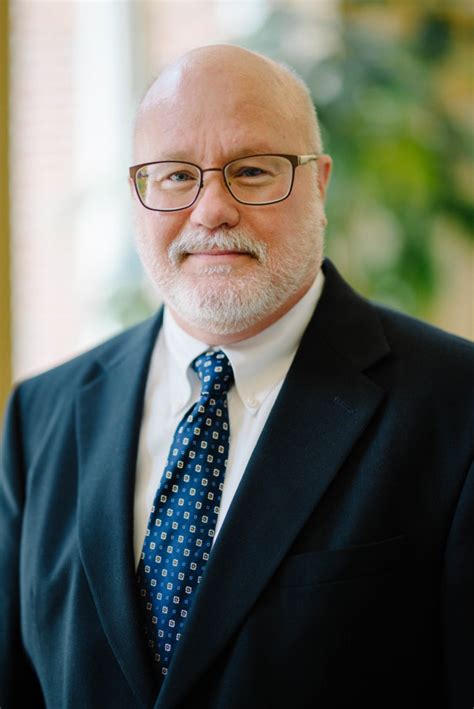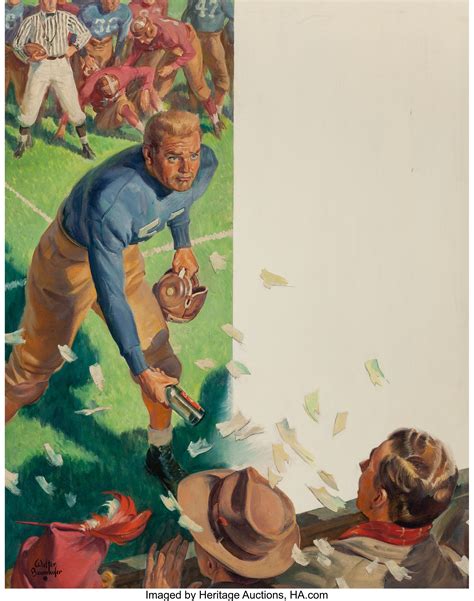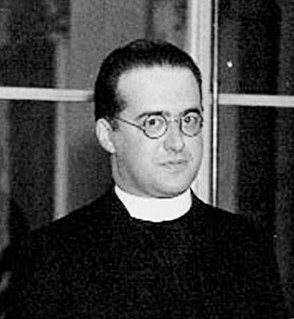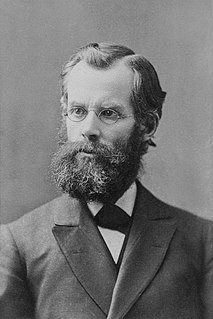A Quote by Linda Colley
At one level Great Britain at the beginning of the 18th century was like the Christian doctrine of the Trinity, both three and one, and altogether something of a mystery.
Related Quotes
I wanted to create a believable feeling for 18th Century reality in the Perfume: The Story Of A Murderer. I didn't want this typical film feel of strange people in strange costumes, not really knowing what to do or how to move. If you put an 18th Century costume on Alan Rickman, it looks like he's been wearing it forever because he inhabits the stuff. He is a character that can really travel in time as an actor and transform into this 18th Century person with seemingly no effort.
One can understand nothing of Christ without the mystery of the Trinity, nothing of the Church without faith in the divinity and humanity of Christ, nothing of the sacraments without the bridal mystery between Christian life without Christian faith. Thus, the present sermons revolve around the same center--the inexhaustible mystery of the one indivisible faith.
I define the terms "founding fathers" and "founders" broadly to include an entire generation or two of Americans from many walks of life who, in the last half of the 18th century and early 19th century, articulated the rights of colonists, secured independence from Great Britain, and established new constitutional republics at both the national and state levels. This definition includes a cast of thousands who played their patriotic part at the local, state, and/or national levels. Among them were citizen soldiers, elected representatives, polemicists, and patriot preachers.
Should a priest reject relativity because it contains no authoritative exposition on the doctrine of the Trinity? Once you realize that the Bible does not purport to be a textbook of science, the old controversy between religion and science vanishes . . . The doctrine of the Trinity is much more abstruse than anything in relativity or quantum mechanics; but, being necessary for salvation, the doctrine is stated in the Bible. If the theory of relativity had also been necessary for salvation, it would have been revealed to Saint Paul or to Moses.
How do we receive the highest mystery of Divine love to us ? the mystery of the Christian faith? With our mind, heart and life; with our free will? Are all the three powers of our souls penetrated by holy faith, as were the souls of the saints? The kingdom of heaven 'is like leaven, which a woman took and hid in three measures of meal till the whole was leavened' (Lk. 13:21). The three measures are the three powers of the soul.
Although the stories are very present in my book, and very present in my mind, what I was most interested in was the question of why it had attracted such a following in the 18th Century. It's less mysterious that it attracted a following in the Romantic period, and in the 19th Century, but the early 18th Century when the Rationalists fell in love with it...that was mysterious. What I wanted to look at was the forms of enchantment.
We find upon all occasions, the early Christian writers speak of the Father as superior to the Son, and in general they give him the title of God , as distinguished from the Son; and sometimes they expressly call him, exclusively of the Son, the only true God ; a phraseology which does not at all accord with the idea of the perfect equality of all the persons in the Trinity. But it might well be expected, that the advances to the present doctrine of the Trinity should be gradual and slow. It was, indeed, some centuries before it was completely formed.







































